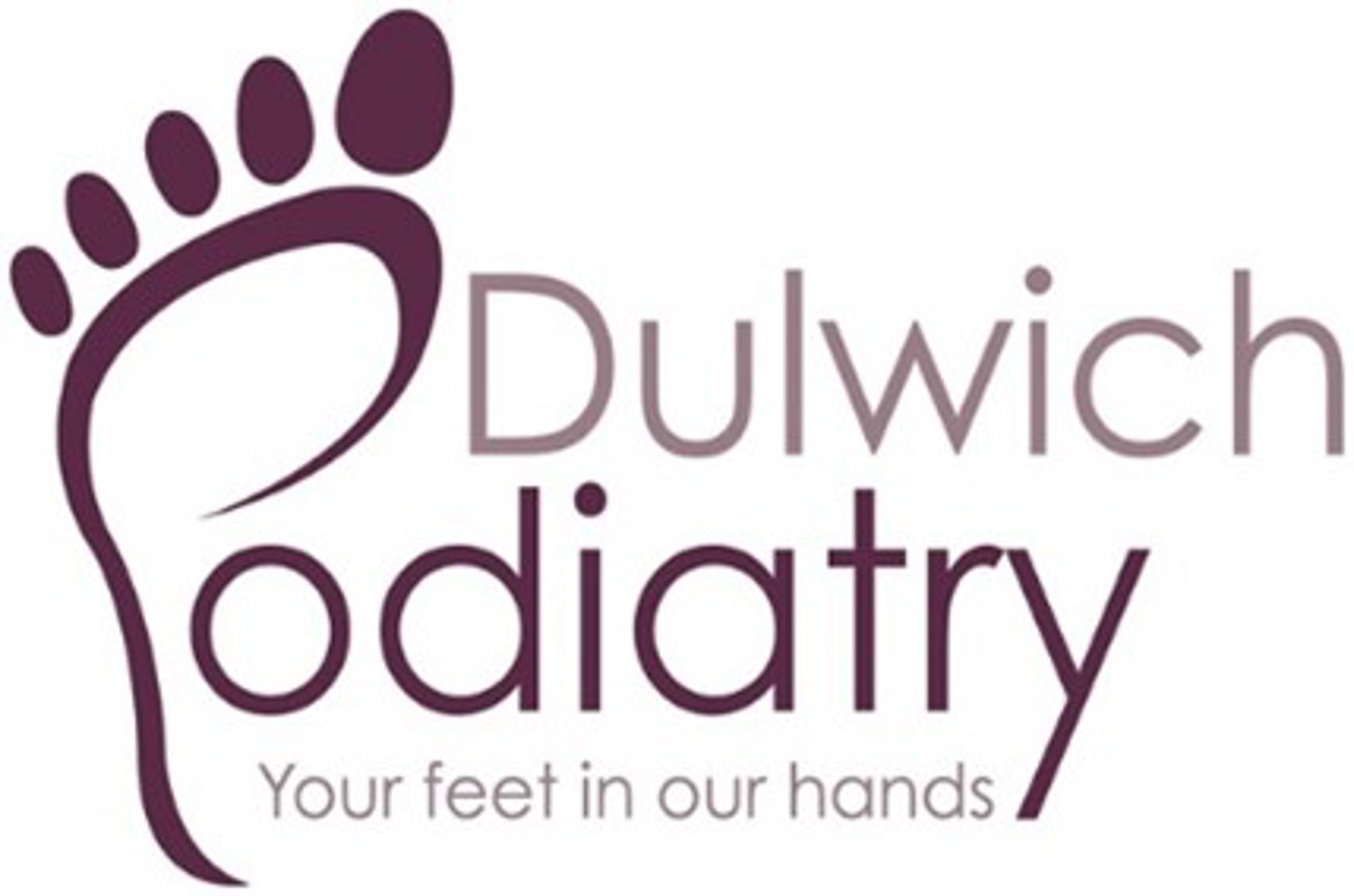Foot care for older people
Published: 12/03/2019
At Right at Home Mitcham Streatham and Dulwich we are keen to meet and support other local businesses. We recently met Debbie Delves clinical director of Dulwich Podiatry Ltd.
About Dulwich Podiatry
Debbie has a degree in Podiatry and a Masters degree in Theory of Podiatric Surgery. She is a Fellow of both the College of Podiatry and the Royal College of Physicians and Surgeons of Glasgow. She sat on the Council for the College of Podiatry from 2009 to 2020 and was their Chairman between 2016-2018. Debbie is a Trustee of the charity CMT-UK, which supports people with Charcot-Marie-Tooth disease.
Dulwich Podiatry was established in 1948 and has been looking after local feet ever since.
Debbie took over the business in 1995. She leads a team of podiatrists who specialise in different areas of podiatry, enabling referral within the practice as required. Their fully equipped surgery allows them to offer diabetic foot assessments, laser therapy, biomechanical assessments and cryosurgery. They also offer local anaesthetics so that difficult procedures are painless.
We asked Debbie to share some tips on foot care for older people and she kindly shared this advice.
~~~~~~~~~~~~~~~~~~~~~~~~~~~~
A number of factors affect our feet as we get older, making them more difficult to look after: the skin becomes drier, the nails thicken, the fat pad cushioning under the soles thins. On top of this, loss of eyesight and arthritis in the hands or back can make self-care difficult and many systemic diseases or medications can also affect the feet.
Here are some top tips and signs to look out for when people might need professional help.
Toenails
Toenails gets more difficult to cut as we get older. A combination of changing eyesight, difficulties bending, weaker hands and thickened or hardened nails makes cutting your own nails an increasing challenge.
If cutting the nails gets too difficult, filing regularly is a good alternative. It is important to keep the nails short and smooth so that they do not become ingrown or dig into the toes and cause small wounds. Also pressure on thickened nails can cause ulcers under the nails, so make sure there is plenty of wriggle room in shoes and slippers.
Toenails are also prone to fungal infection which makes them thickened and discoloured. In most cases this is a cosmetic issue, but can cause more serious problems if occurring alongside athletes foot, particularly in people with poor circulation or diabetes.
Seek professional advice if any of these occur:
- pain around or under the toenail
- bleeding under or around the toenail
- wounds on adjacent toes
- thickened or discoloured nails alongside poor circulation or diabetes
- signs of infection – redness, swelling, pain, pus

Skin
The skin gives lots of clues to problems going on. If it is blueish or purple, it may be an indication that the circulation is reduced and more care needs to taken to protect these feet.
More commonly, skin becomes thinner and drier as we gets older, making it more prone to corns and callus and also carrying a risk of cracks, which can let in infection. If neglected, corns can get infected or ulcerated. A good fitting shoe with a cushioning insole and plenty of room around the toes will help reduce formation of corns and callus.
Regularly moisturising will help keep the skin hydrated but do not use cream between the toes. Hard skin can be gently filed with a foot file.
When to seek professional advice:
- Painful corns or callus
- Cracks in the skin
- Cuts, bruises or wounds that don’t heal within 3 days.
- Signs of infection – redness, swelling, pain, pus.
The correct footwear is very important to keep feet protected and to prevent falls. We will talk about footwear in our next feature.
In the meantime, if you have any concerns, you can contact Dulwich Podiatry on 020 8693 6000.
Debbie Delves Clinical Director
